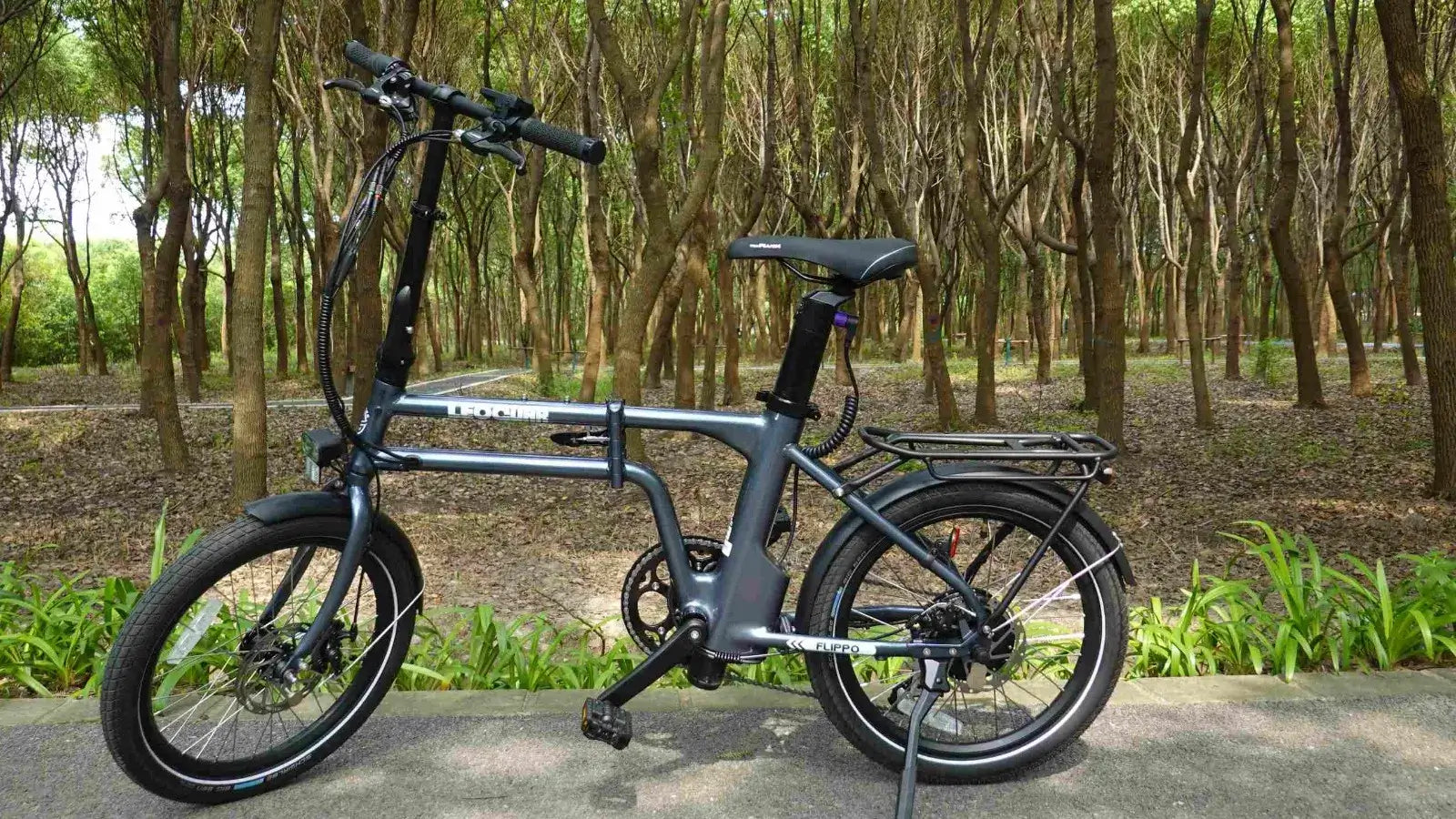
Electric Bicycle New York & Florida: Complete Guide
Understanding E-Bike Classes
You need to know the three-class system before you learn state laws. Both New York and Florida use this system to group electric bicycles. Knowing your bike's class helps you understand where you can ride. Each class has different speed limits and throttle rules. The electric motor on any e-bike must be 750 watts or less in both states.
| Class | How it Assists | Top Assisted Speed | Throttle? |
|---|---|---|---|
| Class 1 | Pedal-Assist Only | 20 mph | No |
| Class 2 | Throttle-Assisted | 20 mph | Yes |
| Class 3 | Pedal-Assist Only | 28 mph | No |
New York E-Bike Laws
New York welcomes e-bikes with clear state laws. However, riders in New York City must follow even stricter local rules. The state allows most e-bike use but focuses heavily on safety. Local areas can add their own rules on top of state laws.
Where You Can Ride
Streets and bike lanes allow all e-bike classes on roads with speed limits of 30 mph or less. This makes them great for getting around the city and avoiding traffic jams. You cannot ride any e-bike on sidewalks throughout the state, with very few exceptions. This rule catches many new riders off guard and can result in expensive fines, especially in busy areas like NYC.
Trail and park access changes based on who manages the land. Some paths welcome certain e-bikes while others don't. The Empire State Trail's official guidelines allow Class 1 and Class 2 e-bikes but ban Class 3 models. Always check the rules for each park or trail before you ride there.

Key Rules of the Road
You must be 16 years or older to ride any electric bicycle in New York State. Helmets are required for all Class 3 e-bike riders, no matter how old they are. They're also required for delivery workers and anyone under 14 on any bike. Personal e-bikes don't need a driver's license, registration, or insurance.
The NYC Difference
New York City adds its own rules that every rider must know. The city leads the way in handling e-bike challenges, from traffic safety to battery standards. Class 3 e-bikes are allowed in NYC but must follow strict speed limits. Riders should watch for new laws being discussed, like recent proposals by NYC lawmakers such as "Priscilla's Law" that could require licensing and registration.
Battery safety rules are critical and cannot be ignored. After several deadly fires, NYC now requires all electric bikes, e-scooters, and batteries sold, leased, or rented in the city to meet UL 2849 safety standards. This is part of Mayor Adams's recent street safety actions to protect residents.
Florida E-Bike Laws
Florida has some of the most welcoming e-bike laws in the country. The state treats e-bikes almost the same as regular bicycles. This creates a friendly environment for riders, but local governments can add their own rules. This means rules can change from one city or county to the next.
Where to Ride in Florida
State law lets e-bikes go anywhere regular bicycles can go. This includes roads, bike lanes, and shared-use paths. The Florida Statutes define an electric bicycle in a way that gives it these same rights and duties. Unlike New York, Florida state law allows e-bike riding on sidewalks, but riders must always let pedestrians go first.
Local cities and towns can ban sidewalk riding completely, and many tourist areas have done this. Always look for local signs that show the rules.
Florida's Key Rules
Florida has no state minimum age to ride an electric bicycle. However, local governments can set their own age limits. The state has no helmet requirement for e-bike riders either. Traditional bicycle laws requiring helmets for riders under 16 are often applied or strongly encouraged for e-bike users. E-bikes are not considered motor vehicles, so no driver's license, registration, or insurance is required at the state level.
The Power of Local Rules
The most important thing for Florida riders to understand is local control. State law clearly allows cities, towns, and counties to make their own, often stricter, rules for e-bikes. This is why you might be able to ride a Class 2 e-bike on a sidewalk in one town but get a ticket for the same thing in the next town over. Reports on recent bills that reinforce the ability for local governments to create stricter e-bike rules show this local control is a key feature of Florida's e-bike laws.
Before riding in a new area, we strongly suggest checking the city or county's official website for specific rules.
New York vs. Florida
The differences can be huge for people who travel between these two states. This comparison breaks down the most important differences you need to know.
| Feature | New York | Florida |
|---|---|---|
| Minimum Age | 16 years old | No state minimum (local rules may apply) |
| Helmet Law | Required for Class 3 riders (all ages) | No state mandate (under 16 for bikes) |
| Where to Ride (Roads) | Permitted on roads ≤ 30 mph | Permitted on roads, bike lanes, paths |
| Where to Ride (Sidewalks) | Prohibited statewide | Permitted, but must yield (local bans common) |
| Licensing/Registration | Not required | Not required |
| Key Distinction | Stricter state-level rules, with additional, even stricter regulations in NYC. | Permissive state law, but local governments have the final say and can add restrictions. |
Real-World Riding Scenarios
Knowing the law is one thing, but using it is another. Here's how these rules work in real, everyday situations based on our experience riding in both states.
Scenario 1: The NYC Commuter
A rider commutes daily from Brooklyn to Manhattan on a Class 1 e-bike. The focus here is getting through dense city areas safely and legally. Our advice is to always use hand signals for turns and stops since drivers and pedestrians expect them. Be very aware of pedestrians stepping off curbs while looking at their phones because they won't see you coming. Given NYC's strict UL 2849 certification law, if you're buying a used electric bicycle in New York, we strongly suggest asking the seller for proof of certification to make sure it's legal and safe.

Scenario 2: The Florida Vacationer
A family rents a mix of Class 1 and Class 2 e-bikes to explore a coastal town on the Florida Gulf Coast. The challenge is understanding the local rules on shared paths. Our advice is that while Florida state law allows sidewalk riding, many beach towns ban it to protect large numbers of walking tourists. Before you start your ride, look for signs at the trail start or beach access point because we've seen rules change from one block to the next.
Even though helmets may not be legally required for adults, we always wear one. Unpredictable movements from other tourists and drivers make it a smart, simple safety measure.
Scenario 3: The Trail Rider
A rider wants to explore off-road trails, comparing a path in Upstate New York to one in a Florida State Park. The main concern is trail access. Our advice is that the rules are not the same everywhere. In Upstate New York, many shared greenways like the Empire State Trail are perfect for Class 1 e-bikes, but they clearly ban faster Class 3 models.
In Florida, access within state parks changes a lot. We've found that one park may welcome e-bikes while another, just a few miles away, limits them to paved roads only. The best practice is to always call the specific park ranger's office or check their website before you load up the car.
On any trail, regardless of state, proper behavior is key: always yield to hikers and horse riders, and announce your approach with a friendly "on your left" well in advance.
Frequently Asked Questions
Can I ride my Class 3 e-bike on bike paths in New York?
It depends on the specific path. While Class 3 e-bikes are legal in New York, many bike paths like the Empire State Trail prohibit them due to their higher speeds. Always check the rules for each specific trail or path before riding.
Do I need insurance for my e-bike in Florida?
No, Florida does not require insurance, registration, or a driver's license for e-bikes at the state level. However, some local governments may have different requirements, so check your city or county rules.
What happens if I get caught riding on a sidewalk in New York City?
Riding an e-bike on sidewalks is prohibited throughout New York State and can result in fines, especially in NYC. The exact fine amount varies, but it's typically treated similar to other bicycle violations.
Can my 12-year-old child ride an e-bike in Florida?
While Florida has no state minimum age requirement, many local governments set their own age restrictions. Additionally, anyone under 16 is required to wear a helmet when riding any bicycle, including e-bikes, under traditional bicycle laws.
How do I know if my e-bike battery meets NYC's safety requirements?
Look for UL 2849 certification on your battery or e-bike documentation. If you're buying a used e-bike in NYC, ask the seller for proof of this certification. Only batteries and e-bikes with this certification can be legally sold, leased, or rented in New York City.
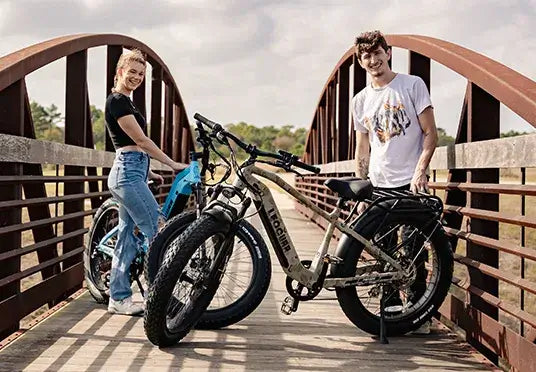
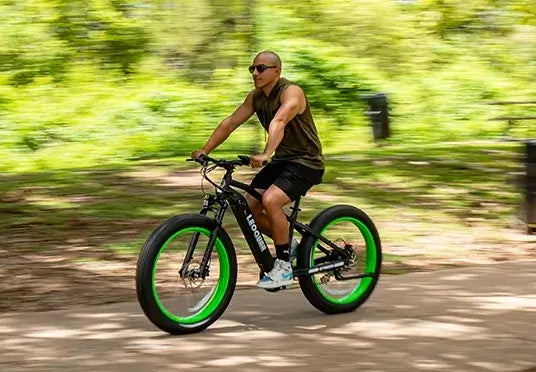
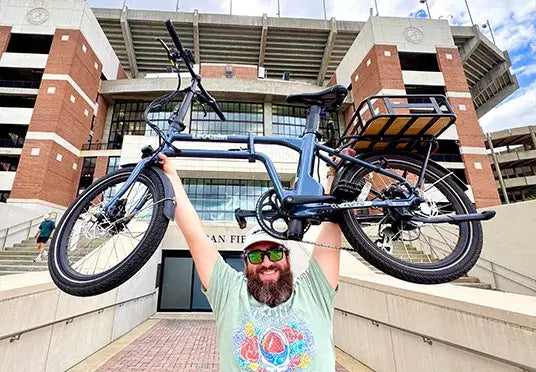
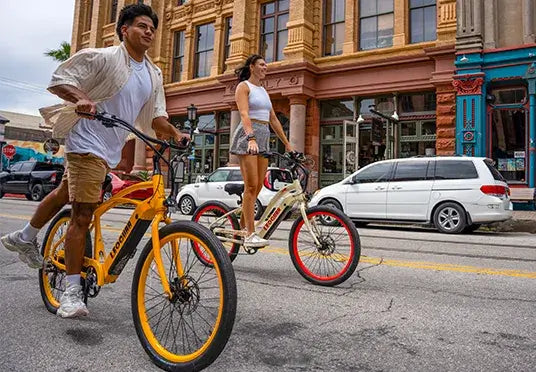
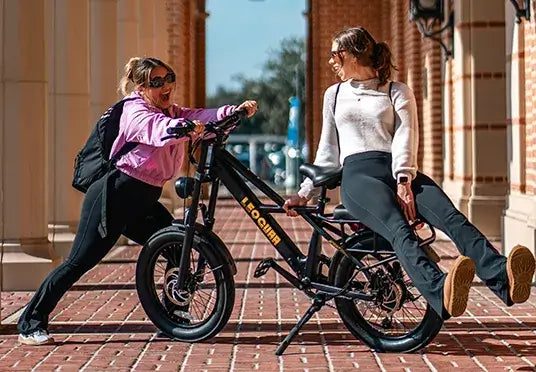
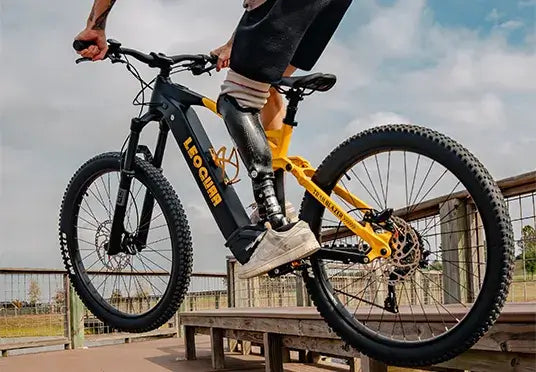


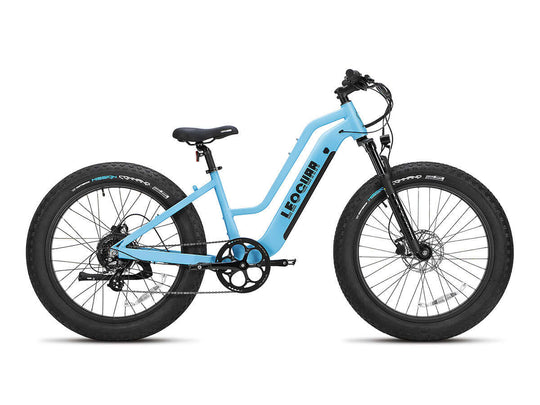

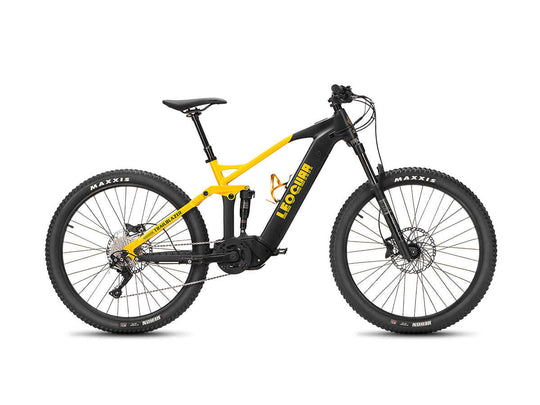


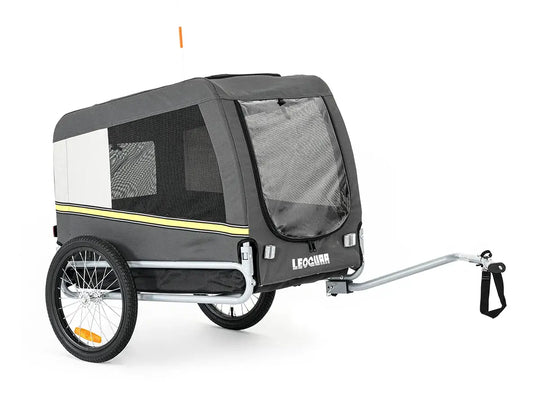
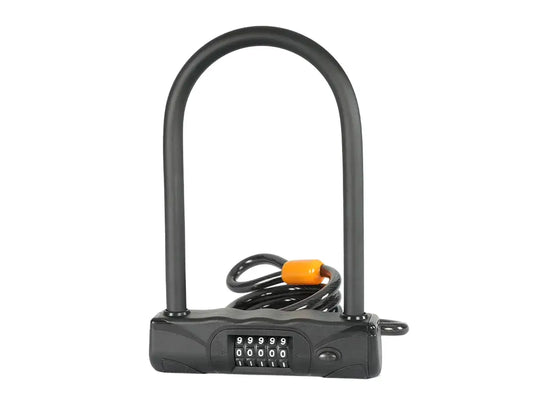
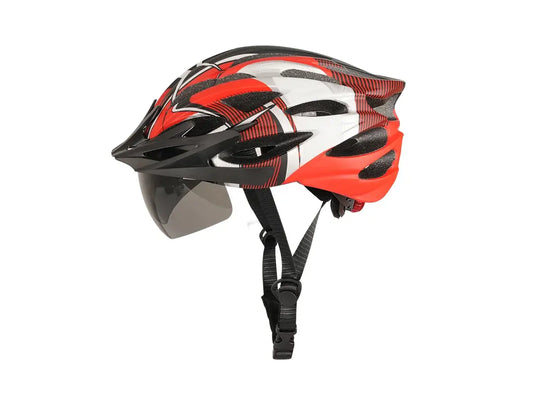
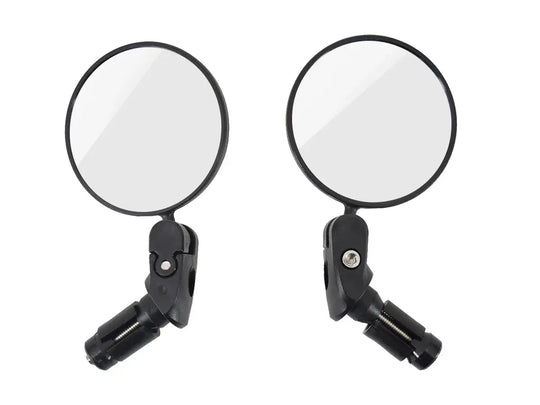

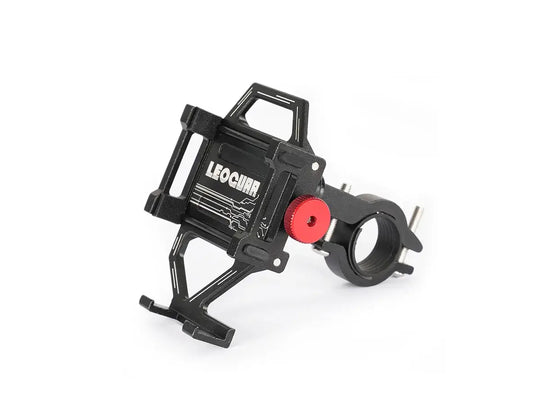
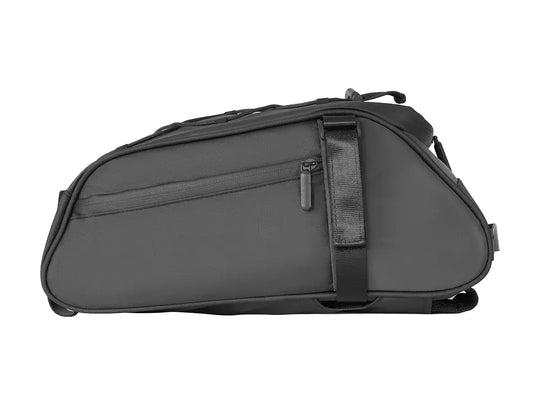
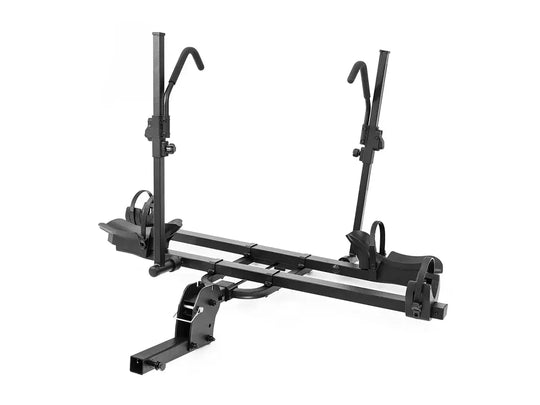

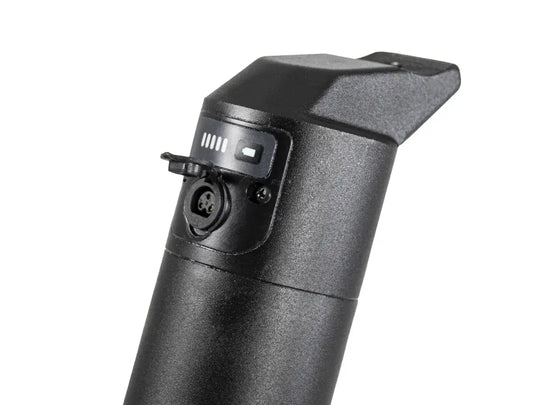
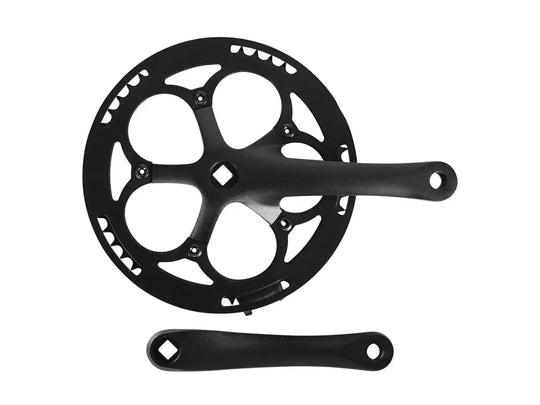
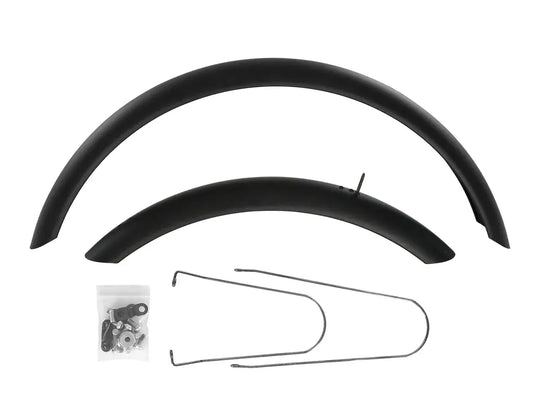
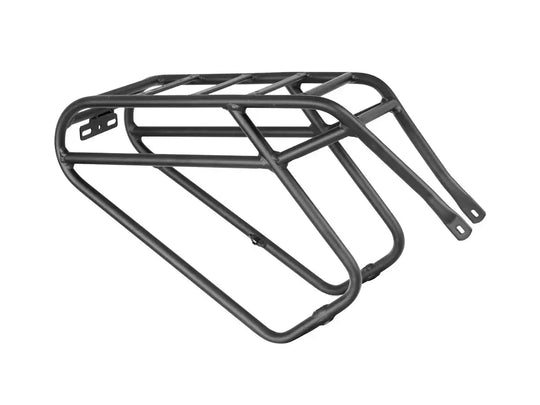

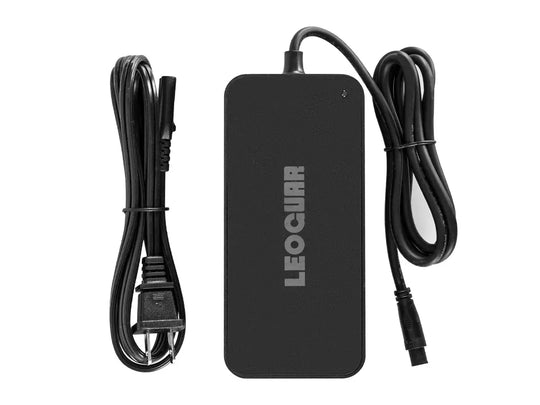
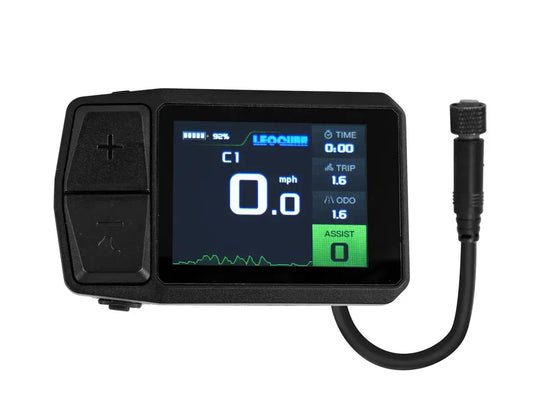








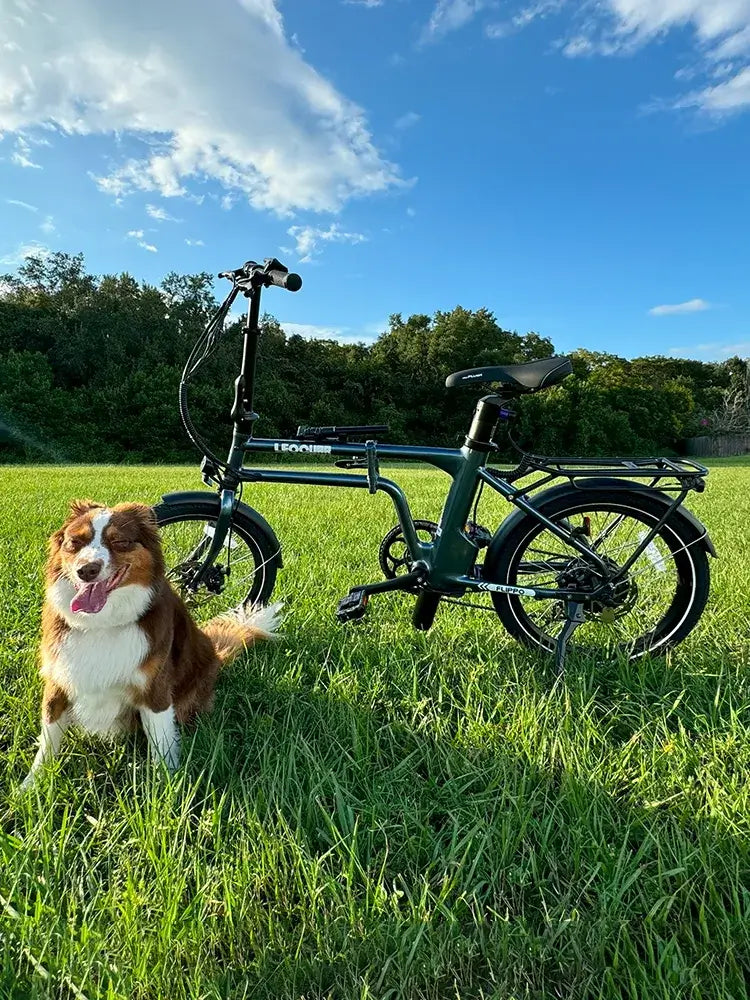








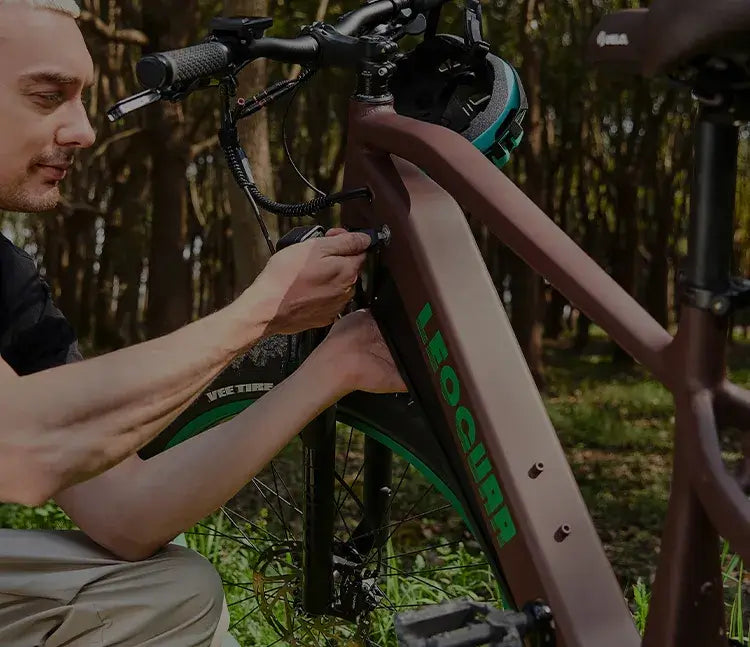
Leave a comment